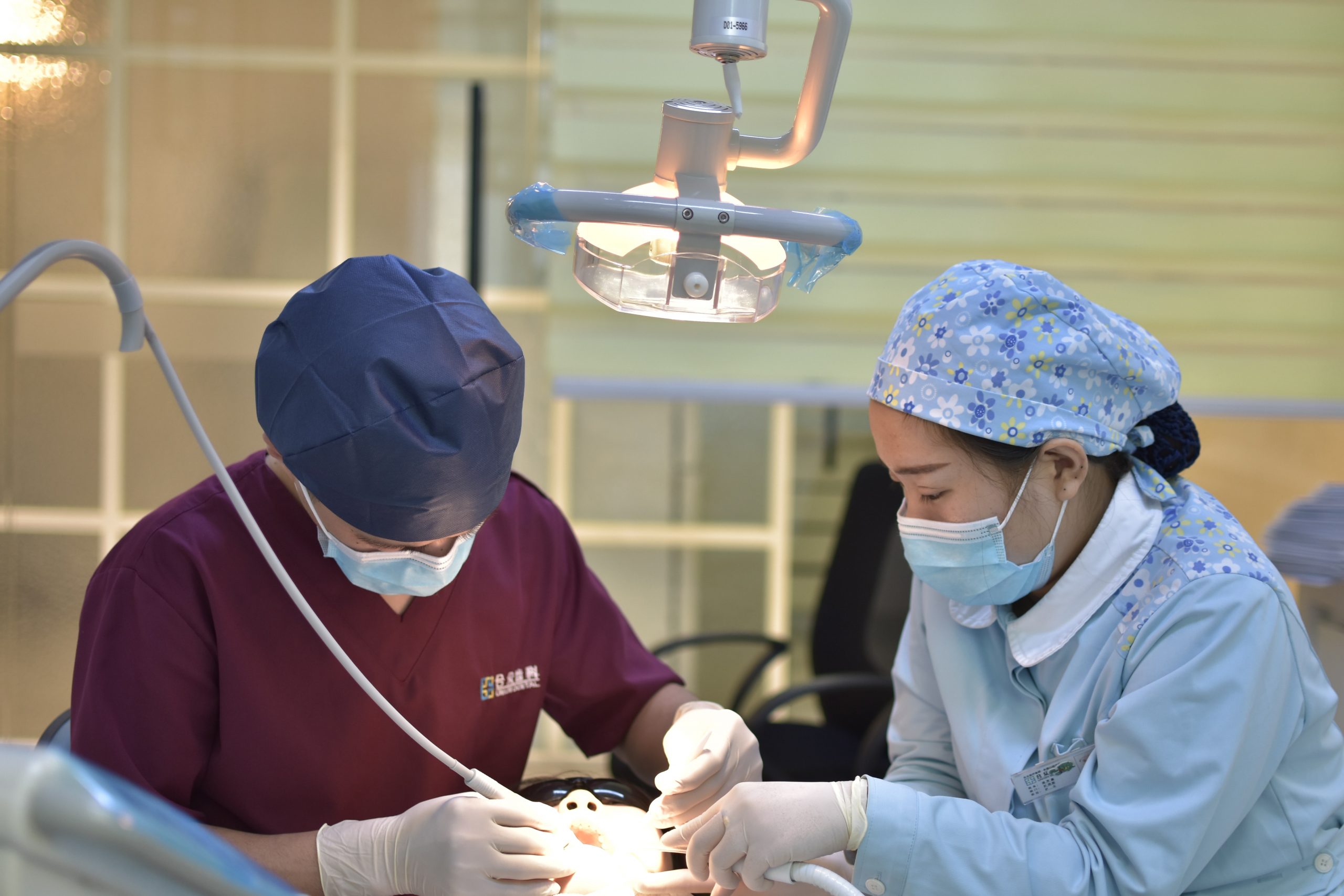
4 Reasons to Opt for Porcelain Veneers to Improve Your Smile
October 22, 2020
3 Long-Term Benefits of Practicing Preventative Dental Care
October 28, 2020There is an intricate part of your facial anatomy that helps you perform essential activities such as speaking and eating—the temporomandibular joint or TMJ. It connects your lower jawbone to your skull and acts like a sliding hinge. It’s the part that’s at work whenever you open your jaw or move it forward, backward, and sideways.
If you feel pain in your jaw joint, you may be experiencing symptoms of temporomandibular joint disorder or TMJD. While the abbreviation “TMJ” is also used to refer to the disorder, let’s stick to TMJD to avoid confusion.
TMJD can cause tenderness at the joint, facial pain, and difficulty in moving the jaws. The good news is that this is not an uncommon problem and that there are treatments you can seek to relieve you of your pain and discomfort.
What Are the Symptoms of TMJD?
The first step in addressing your condition is watching out for the symptoms of a temporomandibular joint disorder. Here are just some signs you should be on the lookout for:
- Pain or tenderness in the jaw joint
- Pain or discomfort in the face
- Swelling on the side of your face
- Pain in or around the ear
- Having discomfort when biting or pain while chewing
- Toothaches
- Headaches
- Tinnitus or ringing in the ears
- Locked jaw
What Are the Common Causes of TMJD?
Before anything else, you should know that determining the cause of temporomandibular joint and nerve pain can be quite tricky. Considering this, your doctor or dentist may not be able to pinpoint exactly what is causing your TMJ symptoms.
Nevertheless, here are some of the common reasons behind a TMJ disorder.
- Chronic grinding or clenching teeth (chronic)
- Tightening of facial and jaw muscles due to stress or anxiety
- Excessive use of chewing gum
- A jaw injury
- Diseases affecting the tissues surrounding your temporomandibular joint
What Are the Various Treatments for a TMJ Disorder?
There are various steps you can take to treat a temporomandibular joint disorder. Furthermore, you also play a part in managing your condition. Here are some steps you can take to treat TMJD at home:
- Avoid foods that require you to use your jaw excessively; go with soft foods instead.
- Avoid unnecessary jaw movements. Reduce or completely eliminate using chewing gum.
- If you are experiencing pain or swelling, take an over-the-counter anti-inflammatory medication such as ibuprofen or naproxen.
- Practice stress management techniques and learn to relax; this will help loosen your jaw as well.
If at-home treatment options do not seem to be working for your jaw pain, you should see your dentist as soon as possible. There are various types of treatment they can suggest, such as the following:
- Taking pain relievers, muscle relaxers, or anti-inflammatory drugs.
- Using oral splints or mouth guards to help keep your jaw in place; also keeps your upper teeth from grinding against your lower teeth.
- Fixing an uneven bite or reshaping some teeth through the most appropriate orthodontic treatment based on your case.
Conclusion
Your TMJ plays a crucial role in helping you open your mouth to speak and move your jaws to eat. If you are experiencing pain or discomfort in your jaws, ears, or face, you should be on your toes, as this could be a sign of a TMJ disorder. The sooner you address this issue, the sooner you will relieve your symptoms and get back to enjoying your life.
Langley Dental Care in Charlotte, NC, is Charlotte’s top preventive and cosmetic dental practice. We have been serving the community since 2006, providing gentle, individualized dental care to patients of all ages. Make an appointment today for a TMJ consultation; we look forward to caring for you!



